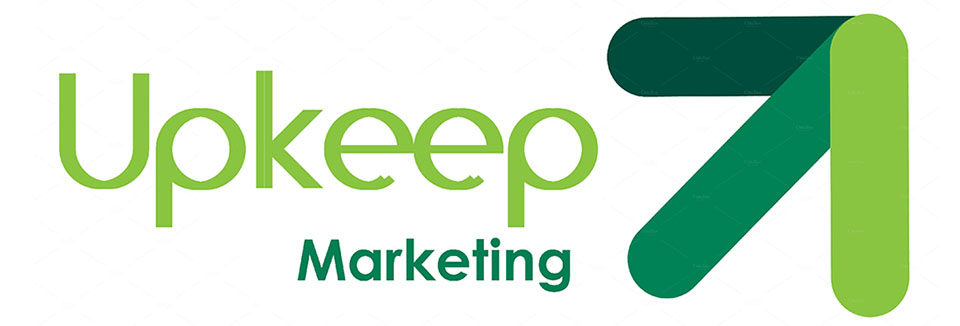FAQ
Frequently Asked Questions
General
We work with businesses in different sizes ranging from start up entrepreneurs to medium sized business and large enterprises as well. We have worked with clients from the following industries: technology, retail, eCommerce, construction supplies, education, transportation, training & consulting and restaurants among others.
We pride ourselves in being able to work with any type of business owners and we believe digital marketing can always contribute to almost any organization’s goals.
Payment terms can be discussed with our sales team. Just email us at [email protected]
Yes! We have had plenty of opportunities to work with both local and offshore clients.
The choice really depends on your expertise and resources. Upkeep Marketing bring experience and efficiency, while most in-house teams provides more control. Consider your budget and long-term goals when deciding.
Website Design & Development
A website design or development is quoted based on the needs of each individual project. Every website is unique and requires different components; we design and develop custom websites specifically for your type of business. You can expect a lot of questions, assess your needs, and give you a quote based on that assessment.
Our answer is typically yes, but we usually need more information on your current website before making our recommendation.
On average, we need a six to eight week turnaround, but the pace of any project completion is dependent on factors like how much input you can provide during the initial stages, your availability with feedback, how soon the content is ready and the functionality of more complex sites.
We primarily recommend WordPress as it is the most popular CMS in the world. We’re also open to using any content management system (CMS) software that you can afford.
WordPress is a content management system (CMS) software that allows you to edit and manage the text and images on your website. It’s open-sourced and community developed, meaning anyone is free to build their website on top of the software.
Yes, by default WordPress requires us to use plugins or code functionalities in your website. We usually use plugins for turnkey projects (websites managed by the client on their own after development) we also use it to speed up the development process. However, majority of the plugins we use are freemium in nature (a model where companies offer you free software and requires you to upgrade to a plan for future features you would need once you scale up)
Yes! We primarily use Shopify for E-commerce based projects / businesses
We can if you need it! We provide on-going support for many of our clients. We’d be happy to create or include a quote for that depending on your website’s maintenance needs.
Yes! We encourage our clients to learn to manage their own website. We can arrange for you a text based or video tutorials to help you learn your way around and for an additional cost we conduct a training session to help get you on your way.
You always have full ownership over your website.
Yes, we develop mobile friendly websites.
A custom website can be a big investment and not all start-up businesses have the budget for it. We offer a customized package which will help get you online with a nice-looking website. Contact us with your inquiry if you have a specific budget in mind.
Hosting and Domains
Web hosting refers to the server which responds to requests to view your website. It’s simply another computer connected to the Internet for the sole purpose of transmitting your website to users. Any time you visit a website, there is another computer somewhere in the world you connect to in order to view it. It serves as the storage for website content.
We can help you in purchasing the correct web hosting. We’ll make our recommendation based on our initial discussions. We either give you the option to renew the hosting on your own or we can remind you to do that as part of our support and maintenance plan.
A domain name is a phrase used to access your website, often “yourbusinessname.com”. Every computer connected to the Internet has a long string of unique numbers used to identify itself called an “IP address”. Without a domain name, you would need to remember the IP address in order to view a website.
Domain names are purchased using a domain registration site or domain registrar which acts like a phonebook. When someone types in your domain name, behind the scenes your registrar will look up your domain for them and return your IP address back. Their computer will then know where to find your website.
If you haven’t picked a domain name yet, we also provide free consultation to assist you in picking your domain name. Usually we recommend clients to stick to a domain name that is two to three syllable long to make it easy for customers to remember.
Search Engine Marketing
Search engine marketing (SEM) is a method of promotion and advertising to help companies’ content rank higher among search engine traffic. The goal of SEM is to get traffic and visibility from both organic and paid search.
Search engine optimization, or SEO, is the process of improving a website’s organic rank on search engines like Google. Having your website show up higher on search engine pages using these services often leads to more visitors and customers. While there are industry standard techniques used to help improve your rank, SEO techniques are usually subjective to on-page and off-page efforts and can be thought of as an artform. Our SEO features are designed to help provide enough impact to improve your business awareness online.
We do encourage it one way or another. If your business is at the point where you prioritize conversion, then having SEO services will usually assist in attracting more visitors and customers.
Full disclosure though, you may be surprised to learn SEO isn’t a single process that takes place. Google has thousands of different factors it weighs in order to rank your website. How fast your site loads, ease of use on mobile, how long people stay on your site, and more are all taken into consideration. Below are a few recommendations we would initially suggest.
On-page search engine optimization is almost always a good idea to start with. This ensures your website is coded to correct standards and the content on your website is structured properly. This makes Google attentive of your site and gives you a boost within their rankings.
Off-page search engine optimization refers to all the activities that you and others do away from your website to raise the ranking of a page with search engines. Some activities involve backlinking, brand mentions (your site URL or brand name mentioned on another site without a hyperlink), writing a guest post for another blog or leaving a comment mentioning your brand,
Pay-per-click advertising, often referred to as Google Ads, is an online marketing model where advertisers pay a fee each time their ad is clicked. It’s a targeted way to promote products or services on search engines and websites, helping businesses reach their desired audience efficiently.
Whether your business needs pay-per-click advertising or Google Ads depends on your goals, target audience, and budget. If you want immediate online visibility, have a competitive niche, and a sufficient ad budget, Google Ads can be effective. However, it’s crucial to assess your specific needs and consider other digital marketing strategies before deciding.
Content Marketing
Content marketing is a strategic approach to creating and distributing valuable, relevant content to attract and engage a specific audience. It aims to build trust, establish authority, and ultimately drive profitable customer actions.
Content marketing helps businesses connect with their target audience, improve brand awareness, enhance SEO, nurture leads, and drive conversions. It’s a cost-effective way to build long-term customer relationships.
We use various content formats, including blog posts, articles, videos, infographics, and social media posts, depending on your audience and goals.
Content marketing focuses on providing valuable information to educate and inform the audience, while traditional advertising is more promotional and interruption-based. Content marketing aims for long-term relationships, while advertising often seeks immediate sales.
Our key performance indicators (KPIs) for content marketing include website traffic, engagement metrics (likes, shares, comments), conversion rates, lead generation, and ROI. We use built in analytics tools to track progress.
Content marketing is a long-term strategy. It may take several months to see significant results. Consistency and quality are key; over time, your efforts will compound and deliver better results.
Content marketing can benefit businesses in various industries. However, its success depends on your goals and how well you can create content that resonates with your target audience. Small, local businesses can benefit just as much as large enterprises.
Remember that successful content marketing requires continuous learning and adaptation. It’s essential to stay updated with industry trends and best practices to maximize its effectiveness.
Social Media Marketing
Social media management involves the creation, scheduling, monitoring, and analysis of content on social media platforms to engage with an audience, build brand awareness, and achieve business goals.
It’s essential for brand visibility, customer engagement, lead generation, and reputation management. Effective social media management can drive website traffic and boost sales.
Social media advertising is a paid marketing strategy that involves creating and running ads on social media platforms like Facebook, Instagram, Twitter, and LinkedIn. It allows businesses to reach a targeted audience and achieve specific marketing goals.
Social media advertising offers precise audience targeting, cost-effective ad campaigns, measurable results, and the ability to promote various types of content. It can help increase brand awareness, drive website traffic, and boost sales.
Your choice depends on your target audience. Facebook, Instagram, Twitter, LinkedIn, and TikTok are popular options. Select platforms where your audience is most active.
Organic content is free and relies on your followers seeing and engaging with your posts naturally. Paid content involves budget allocation for promoting posts or running specific ad campaigns to reach a wider or more targeted audience.
We use platform-specific analytics and third-party tools to measure key performance indicators (KPIs) like click-through rates, conversion rates, return on ad spend (ROAS), and engagement metrics.
Most platforms don’t have a strict minimum spend. You can often start with a budget as low as $5 or ₱300 per day, but the effectiveness of your campaigns may vary based on your budget.
Remember that social media advertising requires ongoing optimization and adaptation. Stay updated on platform changes and industry trends to make the most of your advertising efforts.

